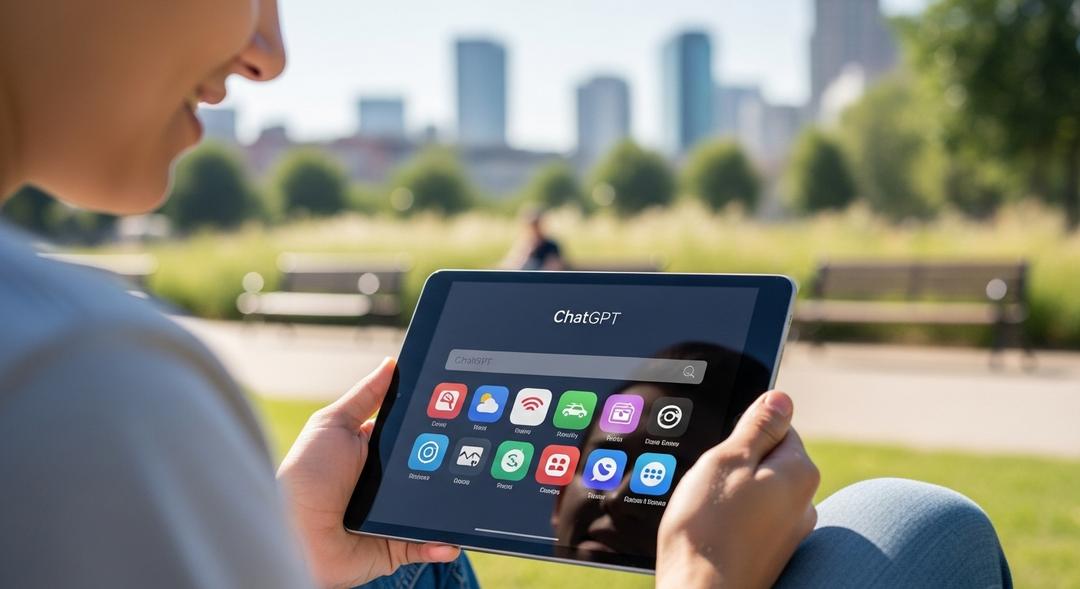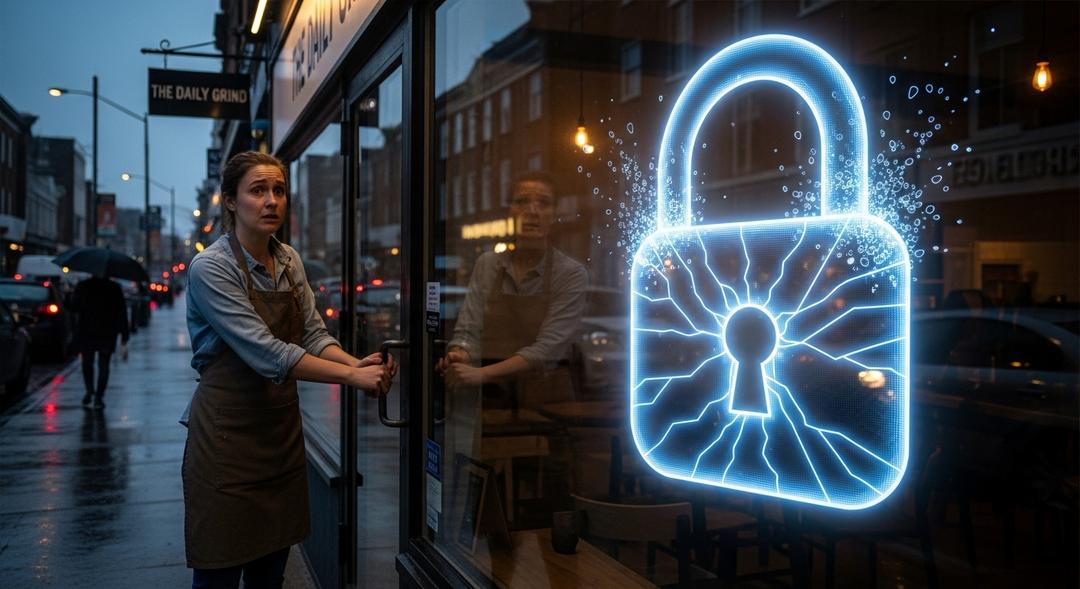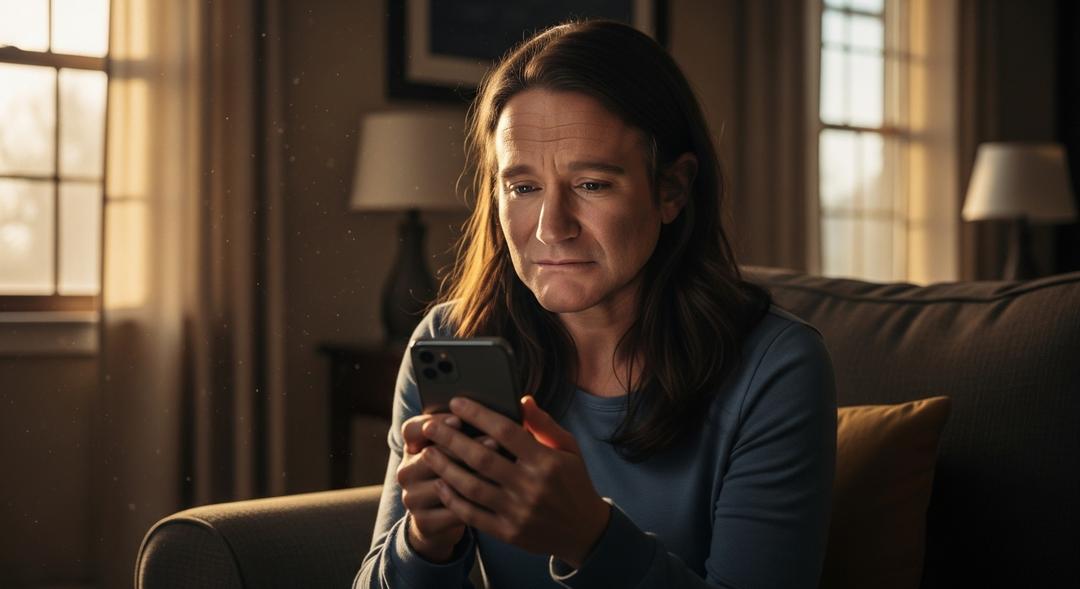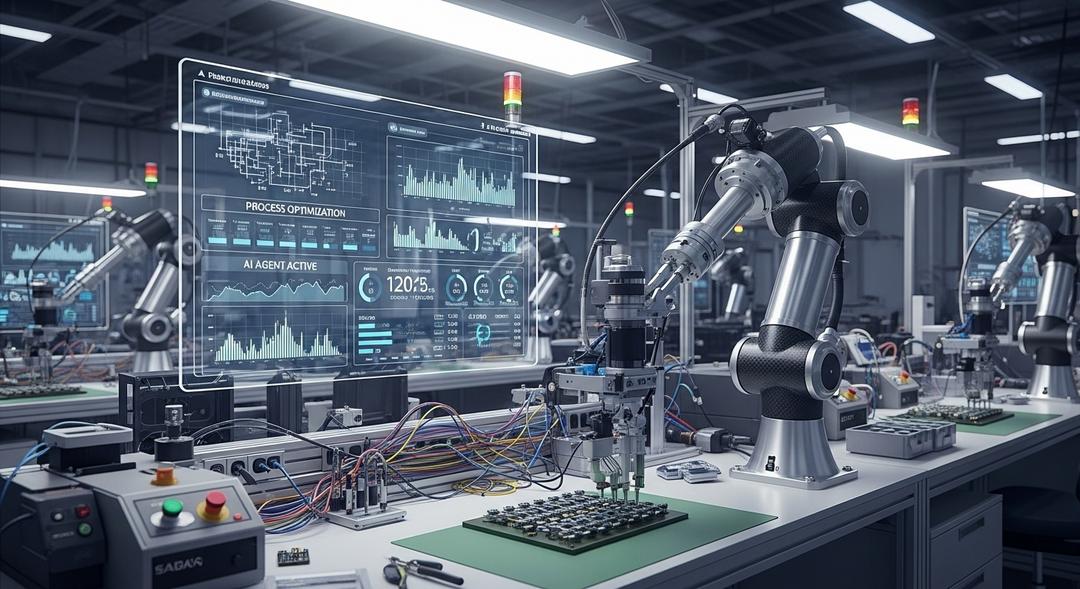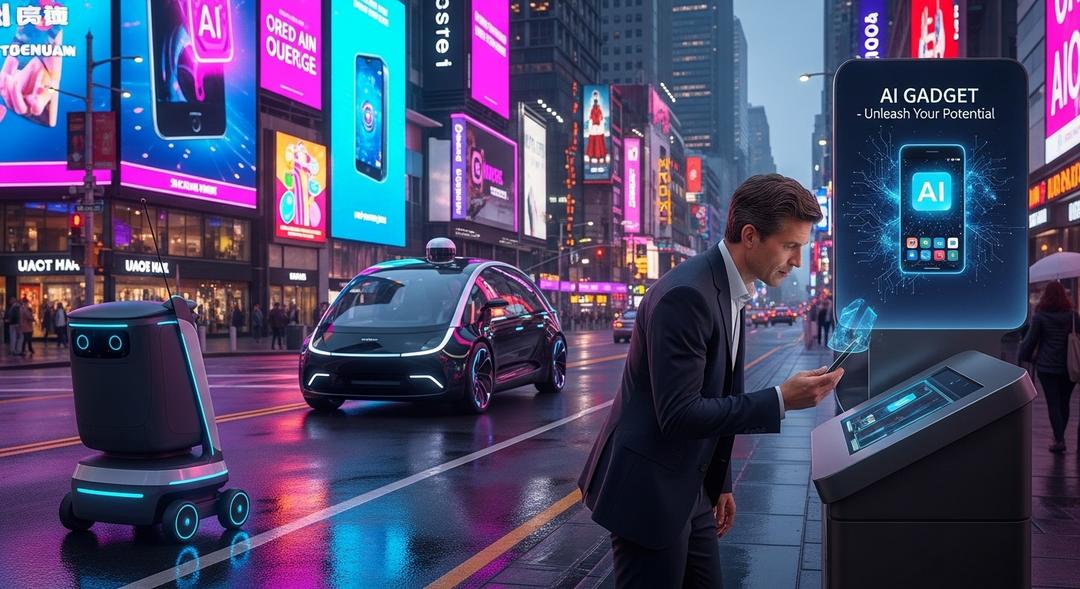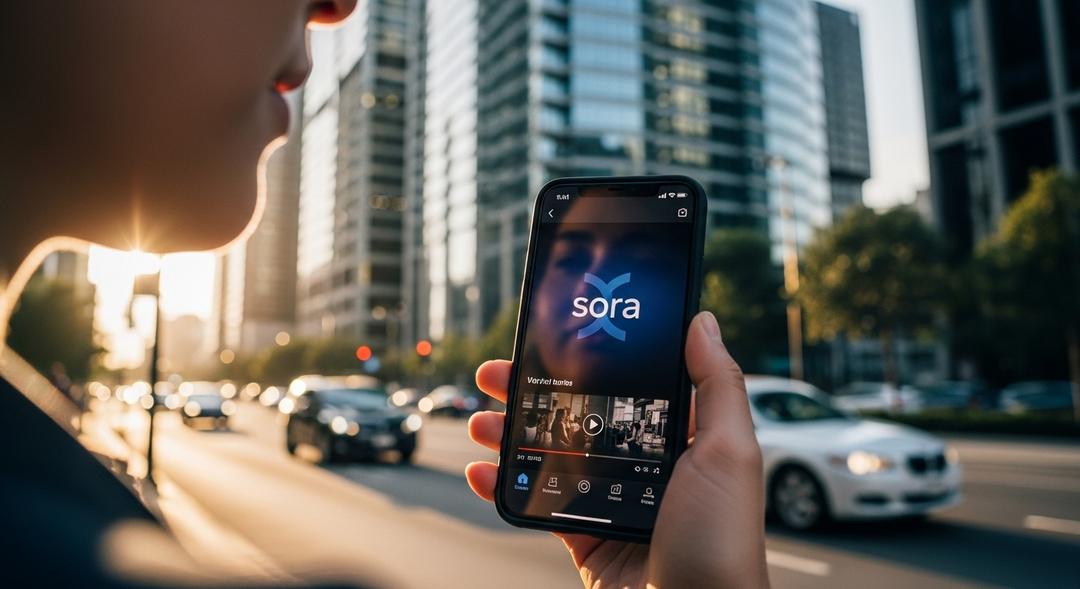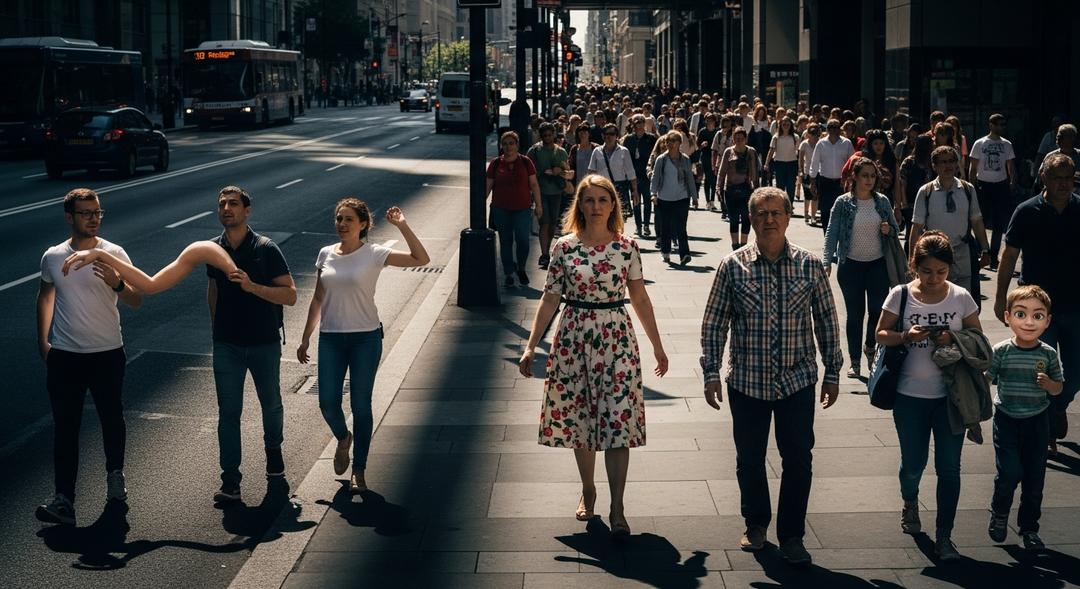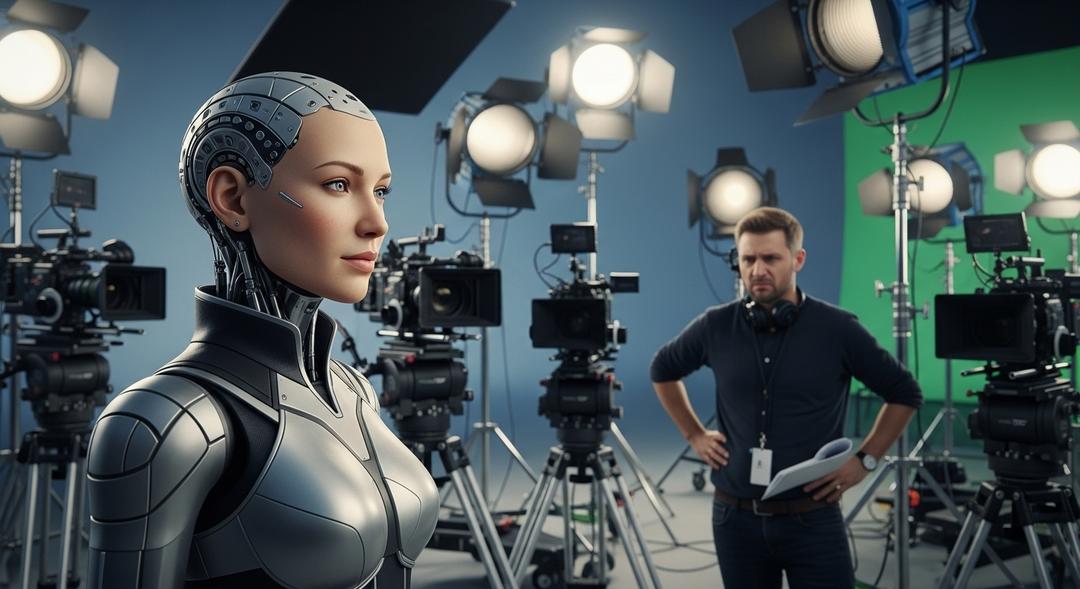ChatGPT is about to become a playground for interactive applications from some of the biggest names in tech.
Starting this week, anyone using ChatGPT will see new possibilities for connecting with brands like Expedia, Booking.com, Figma, Coursera, Zillow, Canva, and Spotify — all directly from conversations in the chatbot. If a user asks ChatGPT for a vacation booking or wants to learn to design, these services now show up right within the flow.
Developers now have a fresh toolkit called Apps SDK, launching in preview, which lets them build these kinds of connected apps. It’s OpenAI’s bid to turn ChatGPT into something more than a helpful chatbot and instead into a hub for powerful software experiences. CEO Sam Altman put it simply: “We want ChatGPT to be a great way for people to make progress, to be more productive, more inventive, to learn faster, to do whatever they’re trying to do in their lives better.”
OpenAI showcased the changes during its latest developer event, painting a picture of ChatGPT as a digital Swiss Army knife rather than just another chatbot.
Once users mention an app by name, ChatGPT can pull in live content and services from partners. Someone might write, “Figma, turn this sketch into a workable diagram,” and watch as the app transforms a rough thought into a digital masterpiece. Another person could ask Coursera to give them a crash course on machine learning — all without leaving ChatGPT.
Developers Embrace a New Ecosystem
In a demonstration of Zillow’s integration, a simple question about apartment searches in a user’s price range led to an interactive map popping up, right there in the chat. Users could then ask follow-up questions about each listing, a process smoother and faster than bouncing between tabs.
One of the biggest changes is that ChatGPT can now surface the apps users need, even without being prompted directly, by recognizing what they might find helpful. If planning a party, ChatGPT might proactively bring up Spotify to help build a playlist, hinting at a new era of proactive digital assistance.
Behind these smooth user experiences sits the Model Context Protocol, a fresh technical framework that lets outside developers securely plug their data and tools into ChatGPT. OpenAI promises that these embedded apps can launch full interactive interfaces — even videos pinned at the top of a chat — shaped in real time by what the user needs.
Privacy questions have surfaced closely alongside the rollout. OpenAI says developers will be required to “collect only the minimum data they need, and be transparent about permissions.” Still, it’s not yet clear just how much user data these apps can see as they become deeply woven into personal conversations.
Monetization could also change how apps appear in ChatGPT. Altman says the company is working on tools such as Instant Checkout to help developers earn revenue within these conversations in the future.
As for how ChatGPT will pick from similar services — like DoorDash versus Instacart — OpenAI maintains that user experience will come first, not payment from companies.
The path is open for DoorDash, Instacart, Uber, and AllTrails to join the lineup, with even more interactive tools on the way.
